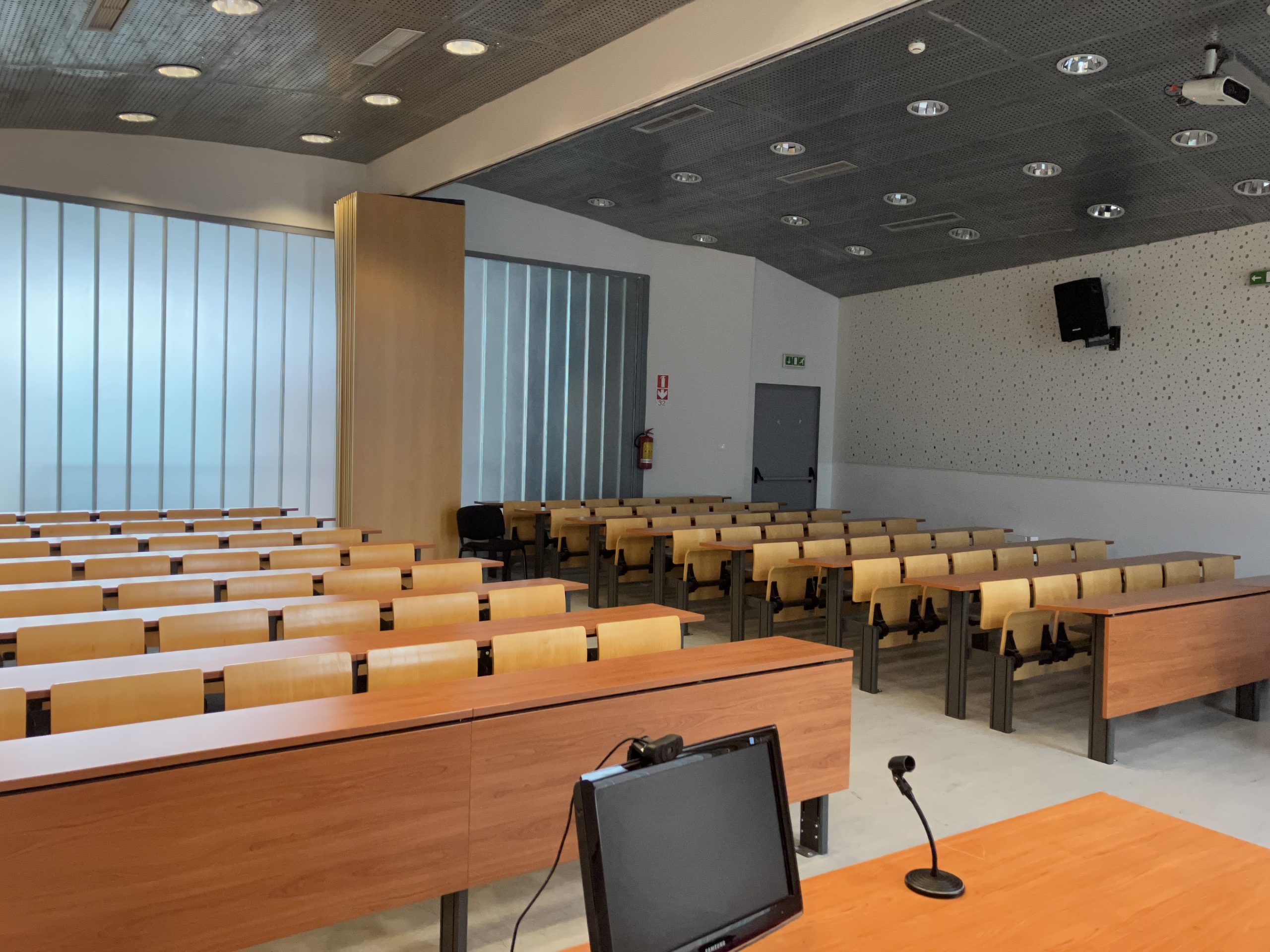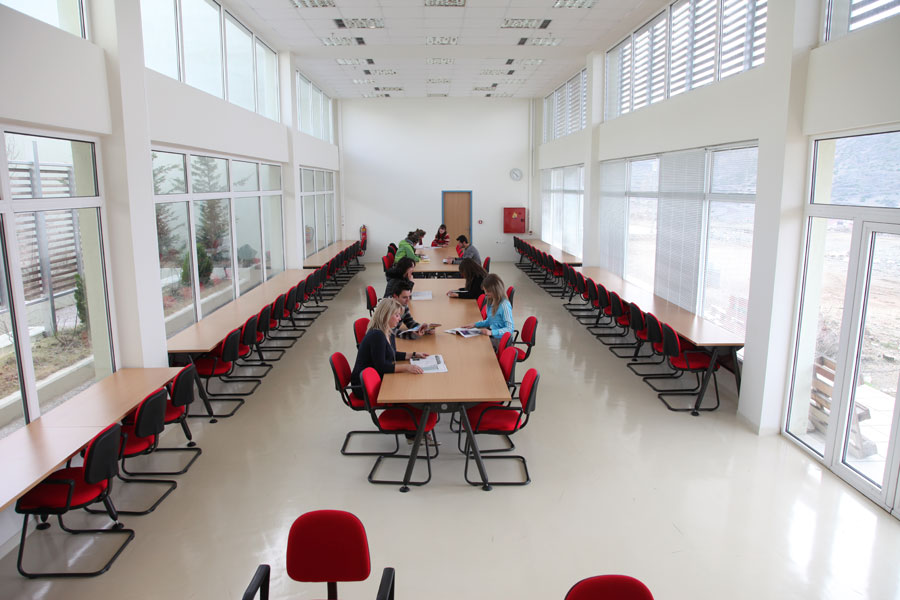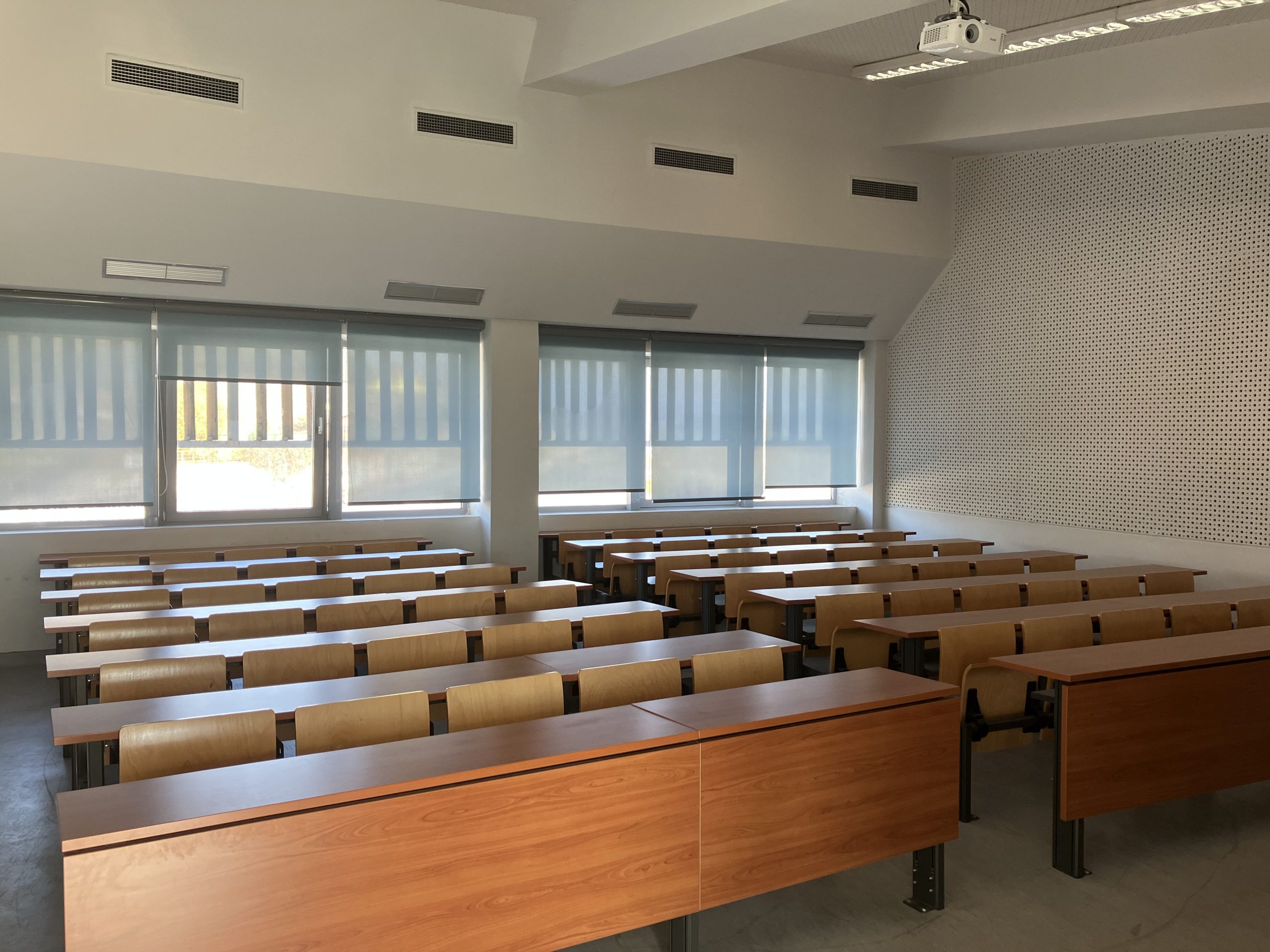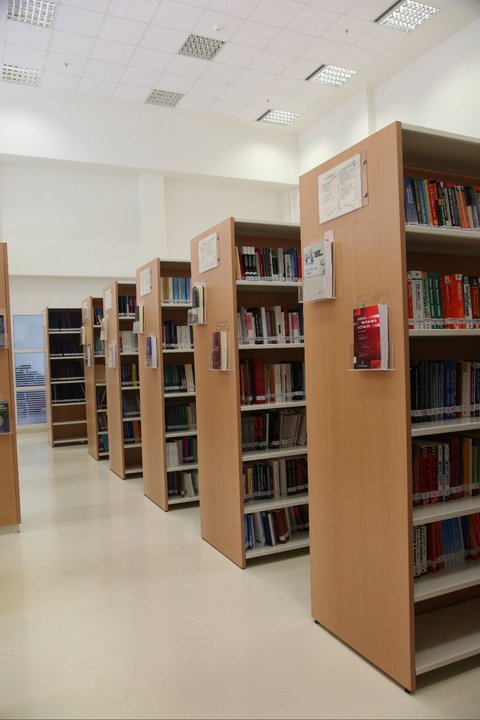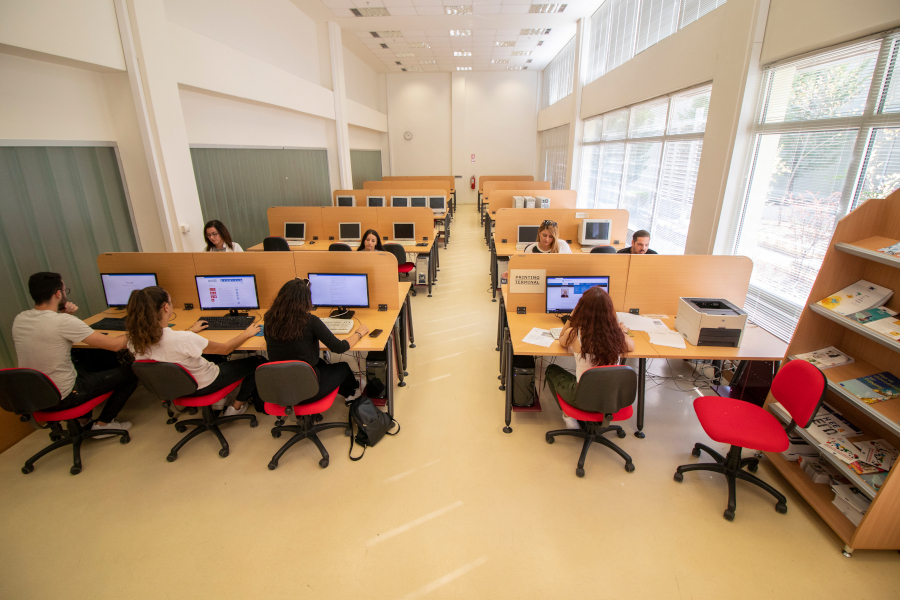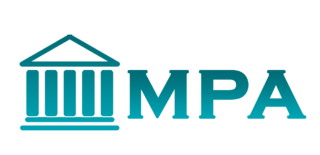Infrastructure
The Department of Economics is equipped with the necessary infrastructure to support learning and academic activity in general. Specifically, the Department has a sufficient number of classrooms and laboratories for its exclusive use. It also possesses state-of-the-art equipment that fully supports both its postgraduate program and research activities.
Teaching Classrooms
There are six exclusive-use teaching classrooms located in the main teaching building. All rooms are fully equipped with computers, projectors, speakers, and internet connectivity. Additionally, the Administrative Building houses three amphitheaters with a seating capacity of 450, 120, and 120 people respectively, which are shared with other departments based in Kastoria.
Laboratory Classrooms
There are two laboratory classrooms located on the ground floor of the teaching building. Each laboratory accommodates up to 20 students and is equipped with computers, projectors, speakers, microphones, and a 1Gbps fiber-optic internet connection.
The software used during courses includes:
Mathematica, Matlab, E-Views, Wordpress, Lindo, Entersoft, SPSS, GAMS, Canva, and Miro.
Officially Established Laboratory of Applied Economics
A dedicated room with fully equipped workstations to support applied economics research and training.
Department Secretariat Offices
The Department's Secretariat is located in the Administrative Building.
Library
The Library occupies 560 square meters, offering computer workstations and a designated reading area. The library spaces are aesthetically pleasing, well-lit, heated, and ventilated. The library’s furnishings (bookcases, study tables, computer desks, information desk, staff offices, etc.) meet high library standards and were designed and acquired according to its architectural plan.
The library’s collection is diverse, consisting of both print and electronic resources. It includes 23,000 book volumes, covering academic disciplines related to the curricula of the University’s Departments. It also holds print journals and an archive of undergraduate theses completed at the University. Printed material is searchable via the online catalog, and items are located using shelf classification codes.
Electronic resources are accessible to the entire Academic Community through the library’s website: http://library.uowm.gr. These include the institutional repositories “anaktisis” and “Dspace”, the “Kallipos” digital repository, services of the National Documentation Centre (EKT), and Heal-Link, which provides access to:
-
26,710 full-text e-journals
-
13 databases (including Scopus)
-
152,000 e-books
The library offers wireless internet access (Wi-Fi) throughout the premises. The organization of library material follows internationally accepted standards for classification, cataloging, and subject indexing. Classification is based on the Dewey Decimal Classification System, cataloging follows AACR2 (Anglo-American Cataloguing Rules, 2nd edition), and subject headings are based on the Library of Congress.
The library operates under the Sierra integrated library system, commonly used by academic libraries in Greece. Its mission is to provide continuous scientific information and support the production of new knowledge. The library staff are highly trained and committed to delivering high-quality services to the academic community. Two highly qualified librarians are available to assist students in accessing the necessary resources to support their studies.
Meeting Room
For Department Assembly meetings and other specialized gatherings (e.g., collaborations with stakeholders or research teams), a shared meeting room on the ground floor of the Administrative Building is used in coordination with the other departments in Kastoria.
All the above facilities offer easy access to individuals with mobility impairments.

